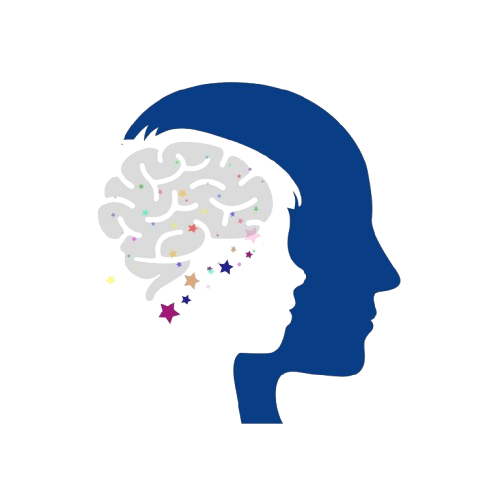Diet and Epilepsy Management
A well-planned diet can be an important part of epilepsy treatment, especially for children whose seizures aren’t fully controlled by medication. Diets like the ketogenic diet, which emphasizes high fats and low carbs, have proven effective in reducing seizures in some cases. Our team collaborates with families to design personalized nutrition plans that support both your child’s health and seizure management.

Nutrition-Based Support for Epilepsy Control

Ketogenic Diet Consultation
We provide guidance on the ketogenic diet for children with developmental delays or neurological challenges, helping determine if it can support their needs and improve brain function.

Modified Atkins Diet Planning
We create customized Atkins diet strategies for children with seizures, focusing on effective management and improving their overall well-being, while prioritizing safety and quality of life.

Dietary Assessment for Seizure Control
We assess the impact of diet on seizures, identifying factors that may reduce frequency and improve overall well-being. Our approach integrates nutrition with other treatments for better control and quality of life.

Nutritional Counseling for Children with Epilepsy
We provide personalized nutritional plans to help manage epilepsy, integrating diet with medical care to improve treatment outcomes and quality of life.

Monitoring and Adjustment of Therapeutic Diets
We provide comprehensive care for children with muscle weakness or coordination issues, including conditions like muscular dystrophy and neuropathies, ensuring effective treatment and support for better outcomes.

Parent Training for Diet Implementation at Home
We assess the neurological factors behind behavioral or attention challenges, like ADHD, and offer families practical guidance on how to integrate effective treatment strategies, including diet adjustments, into daily routines.

